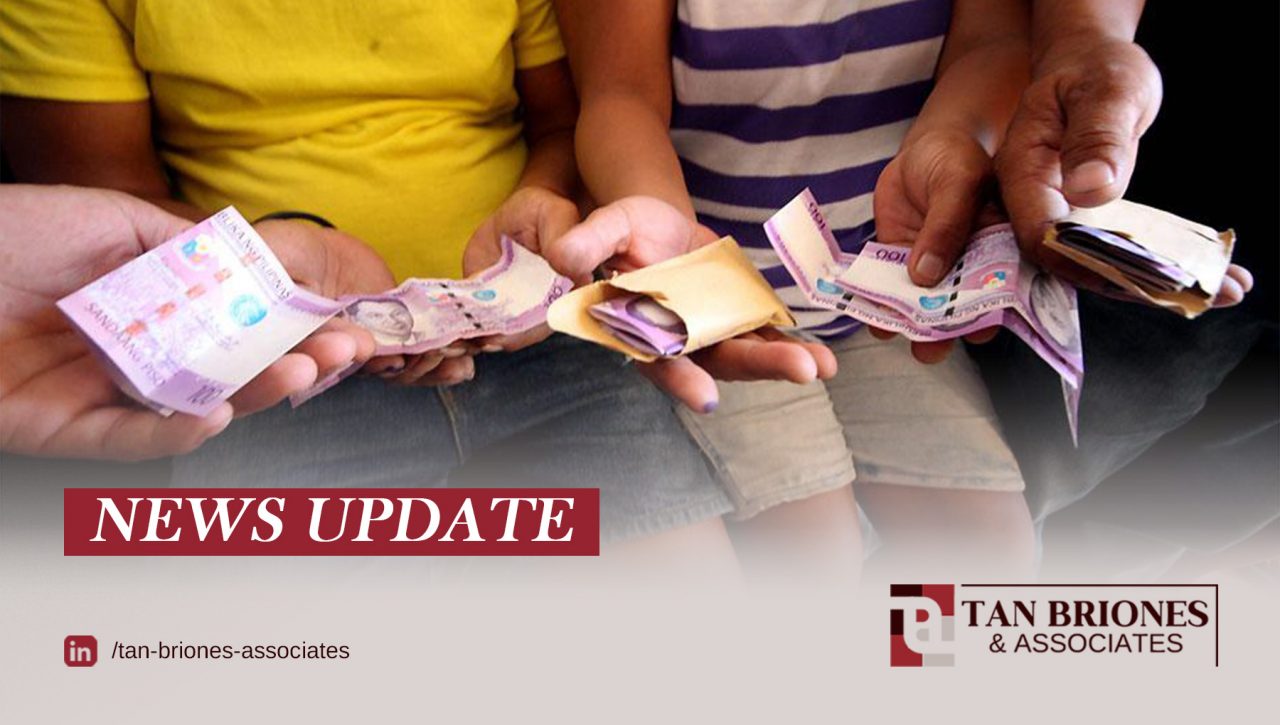
The Commission on Elections (Comelec) has authorized warrantless arrests to combat vote buying in a bid to safeguard the integrity of the May 12, 2025 midterm elections.
In response to growing public distrust in the electoral process, Comelec launched “Kontra Bigay 2.0,” a permanent campaign against vote buying and vote selling.
Under the Omnibus Election Code, vote buying is defined as the offer of money or any item of value to influence a voter.
Comelec Chairman George Erwin M. Garcia said law enforcement agencies are now empowered to arrest individuals caught in the act without a warrant, with vote buying presumed unless the accused can prove otherwise.
“This means we will monitor filed cases, handle prosecutions, and facilitate disqualifications,” Garcia said.
The new directive grants expanded authority to the Philippine National Police (PNP), Armed Forces of the Philippines (AFP), and the National Bureau of Investigation (NBI) to conduct surveillance and validate reports of vote buying and vote selling.
The poll body has also released a detailed list of offenses, including the possession or distribution of money or goods intended to influence votes and the unauthorized transport of over P500,000 alongside campaign materials within 48 hours before and during election day.
Under the Omnibus Election Code, violators face imprisonment ranging from one to six years. Complaints may be filed at COMELEC’s main office or through local Kontra Bigay centers.
Furthermore, Comelec expanded the scope of Kontra Bigay 2.0 to include the abuse of state resources, particularly in the form of government aid programs.
The commission has banned the distribution of public assistance—such as TUPAD, AKAP, AICS, and the 4Ps—during the 10-day period leading to and including election day.
Meanwhile, exemptions are limited to medical and burial assistance.
Follow Tan Briones & Associates on LinkedIn for more legal updates and law-related articles.







